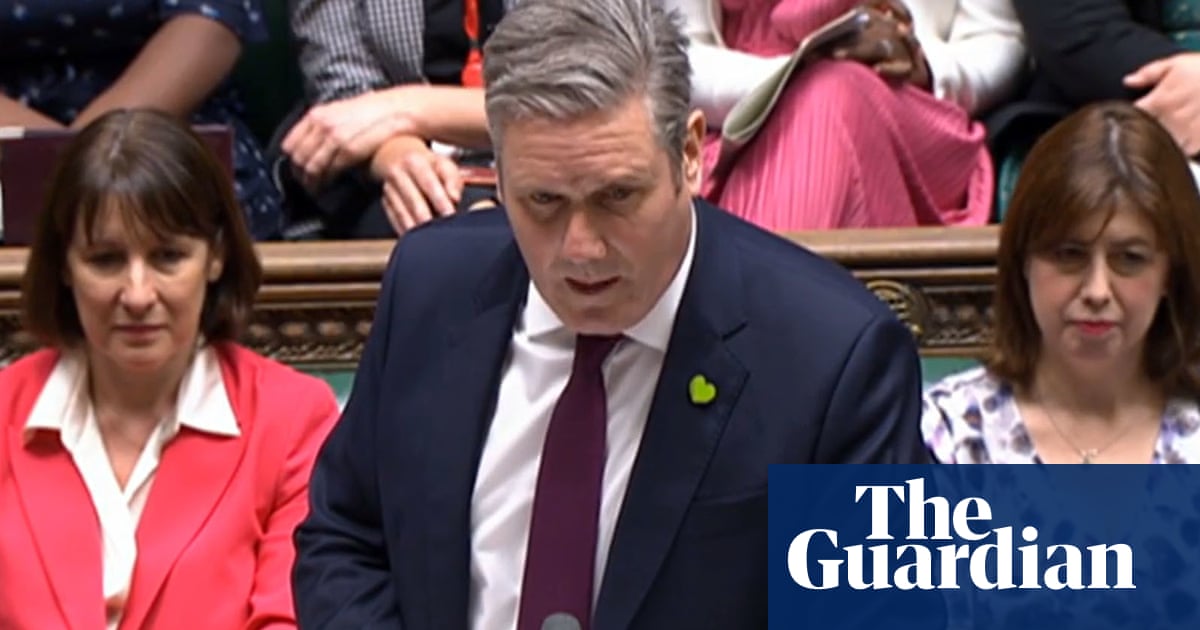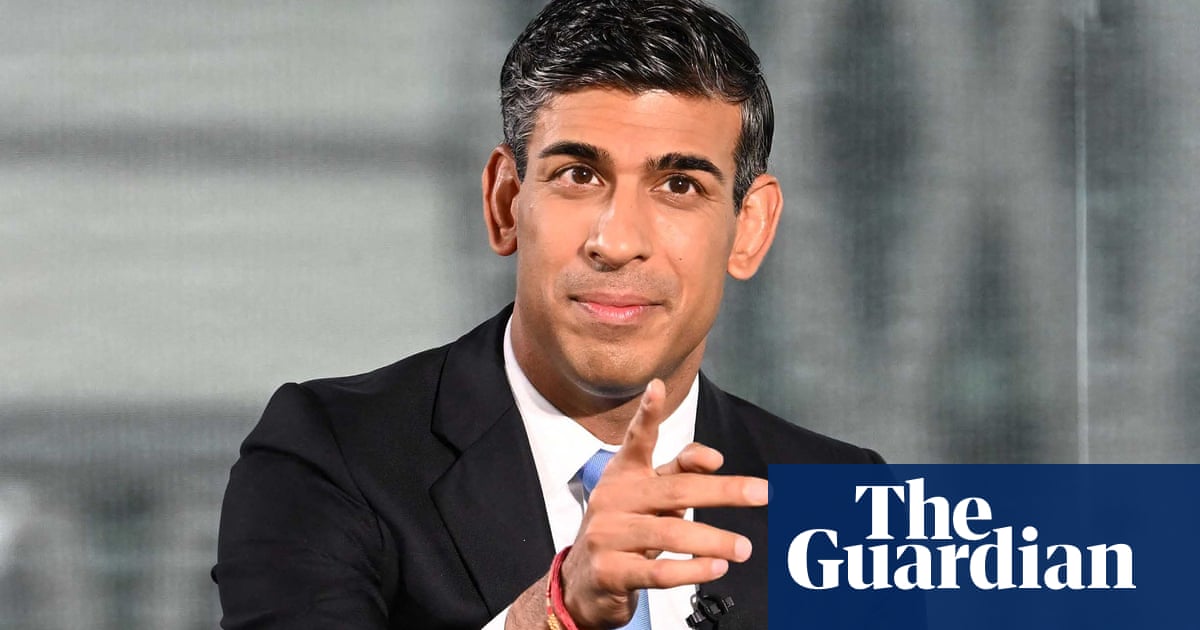
One of the few political powers to rest almost entirely in the prime minister’s hands is the decision over when to call an election.
Rishi Sunak invoked that power on Thursday to put himself back on the front foot after several weeks dominated by speculation – often fuelled by senior Labour MPs – that there could be a vote as soon as May.
The prime minister told broadcasters on Thursday it was his “working assumption” that an election would happen later in the year, adding: “I’ve got lots to get on with and I’m determined to keep delivering for the British people.”
In a day that otherwise would have been dominated by headlines about the speech given by Keir Starmer in Bristol, it was a blunt display of prime ministerial power.
But it is also a sign of the political realities that constrain Sunak.
With the Conservatives 18 points behind in the polls, having an election later in the year gives the prime minister more time to turn the economy around by increasing growth and further reducing inflation. He can also use the extra time trying to kickstart his scheme to deport asylum seekers to Rwanda, which Labour officials worry would put them on the back foot over one of the most prominent issues of the campaign to come.
Labour, which had attempted to embed the narrative that a spring election is inevitable, seized on Sunak’s words as indicating cowardice. “If he’s not going to set a date, what’s he hiding from the public?” said Starmer.
Labour MPs accused Sunak of “squatting” in Number 10, an echo of the Sun front page that accused Gordon Brown of doing the same after the 2010 election.
But while Labour is hoping for an earlier election, it might also benefit from being granted additional time.
The extra months will allow the party’s policy chiefs to continue honing their pre-election pledges, with internal party battles continuing to rage over important policies such as spending £28bn on green investment schemes.
An autumn election will mean Sunak has to go through what is likely to be a bruising set of local elections in May, which could weaken his position within the Conservative party. This will also mean more people will roll off their fixed-term mortgages and begin to feel the pain of higher interest rates for the first time.
But strategists in both parties also say that waiting for longer to call an election makes it harder to predict what the campaign will be fought on. “It is very difficult to predict what is going to be the main issue facing voters in six months’ time,” said one. “Joe Biden won the US election on one issue – Covid – which was unknown just a year earlier.”
If Sunak does call an autumn election as he suggests, he has a range of options for the date. The prime minister could call an October election, but given this would probably mean cancelling lucrative party conferences, he might choose to wait until November.
If Sunak does what some expect and announces the date during his party conference speech it will mean a vote in mid-November. Anything later than that risks forcing campaigners to go door-knocking in the dark depths of winter, and is likely to prove unpopular with the party’s rank and file.
One other option remains open to the prime minister: he could choose to go to the polls in May anyway. He repeatedly refused to rule out doing so on Thursday, while simultaneously dismissing such a possibility as unlikely.
Labour officials insist they are still planning for a spring election, not least because the Tories have set a slightly earlier date than normal for the budget, in early March.
“I’m not sure anything has changed,” said one Labour strategist after Sunak’s comments. “All the evidence is still they’re planning a May election, otherwise why hold the budget so early?”
But if Sunak does decide to call a spring election after all, it will have one added bonus that would not have been the case until Thursday: the element of surprise.












